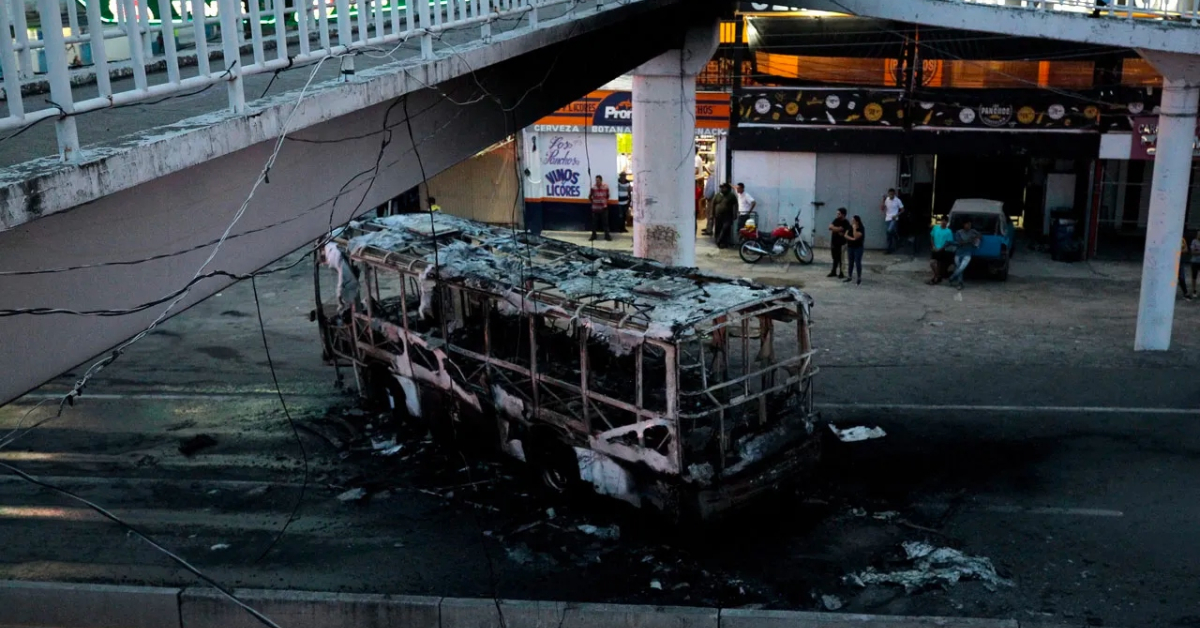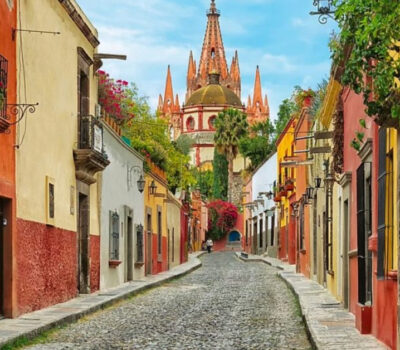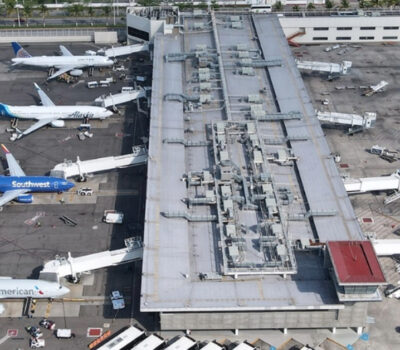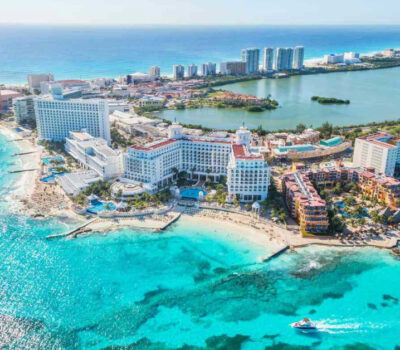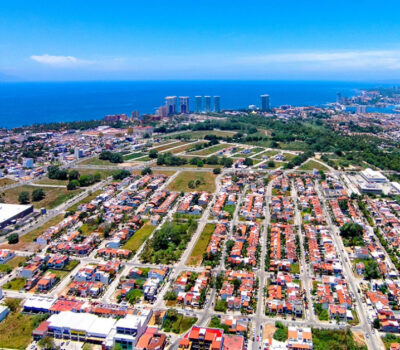The recent cartel violence in Mexico is among the worst the country has seen: In several cities in the center and the northern border of Mexico, rival drug cartels riot, torch cars and stores, and shoot and kill innocent bystanders, including at least one child in the latest uprising.
There are many causes, as well as the fear that the Government will be unable, or unwilling, to control a deadly wave of chaos that will become ‘the new normal’.
The president of Mexico describes the recent violence as just propaganda generated by his political rivals, downplaying the lives and livelihoods lost, almost suggesting that the violence in Mexico is fake news. Even declaring after a weekend of violence in four states as the most peaceful weekend Mexico has experienced since he took office.
The latest outbreak of violence occurred on Thursday night when armed elements of a gang set cars on fire at random in Colima in response to the arrest of ‘La Vaca’, its leader. Last week, drug traffickers from the Jalisco New Generation Cartel torched 25 Oxxo convenience stores in Guanajuato after a night of violence in the state, and in Jalisco.
That triggered riots in three other states. The spiraling violence in the border city of Juárez led drug gangs to shoot and kill nine bystanders, including four journalists outside a Little Caesars and a child in a convenience store.
The dynamic is complex: Mexico has been seizing large amounts of fentanyl, the deadly and lucrative drug that has pitted one gang against another. Most of the synthetic narcotic is smuggled into the US, and in July authorities announced a record seizure of 815,000 pills.
This business, experts say, is bad for legitimate investment, especially along the border’s manufacturing corridor. And some say that the changing policies of President Andrés Manuel López Obrador do not help. Although the president defends the position of ‘hugs, not bullets’, there has been greater repression against criminal gangs.
“This definitely makes people fearful and makes people reconsider their investment,” said Tony Payan, director of the Mexico Center at Rice University’s Baker Institute in Houston. “We should expect continued outbursts and local fights and a general atmosphere of violence, crime, and terror for the foreseeable future.”
The current fight stems from the arrest and extradition to the US of Joaquín ‘El Chapo’ Guzmán, who dominated Mexico’s drug trade for years, as a younger generation of highly armed and brazen drug gangs vie for the control vacuum left by the Sinaloan.
“They are young and with much more resources, and much more willing to use violence in any way they see fit,” warned Carlos Rodríguez Ulloa, a security consultant and member of a Mexico-based group of international analysts known as Casede. “Removing criminal leaders without affecting their networks only generates more violence.”
The CJNG, which pioneered attacks on civilians in recent years and instigated several of the recent riots, is fighting the hot-headed younger generation of the Sinaloa Cartel ‘El Chapo’ for control of the border area.
Guzmán’s son, Ovidio, was captured and later released by security forces in 2019 after his cartel wreaked havoc in Culiacán. The failed military operation taught drug traffickers to point their guns at civilians to get away with it, Rodríguez Ulloa said. The fact that the president of Mexico held a friendly meet and greet with the matriarch of the Guzman family just a few months later, sent a clear message to cartels of a more sympathetic government towards the Sinaloa cartel.
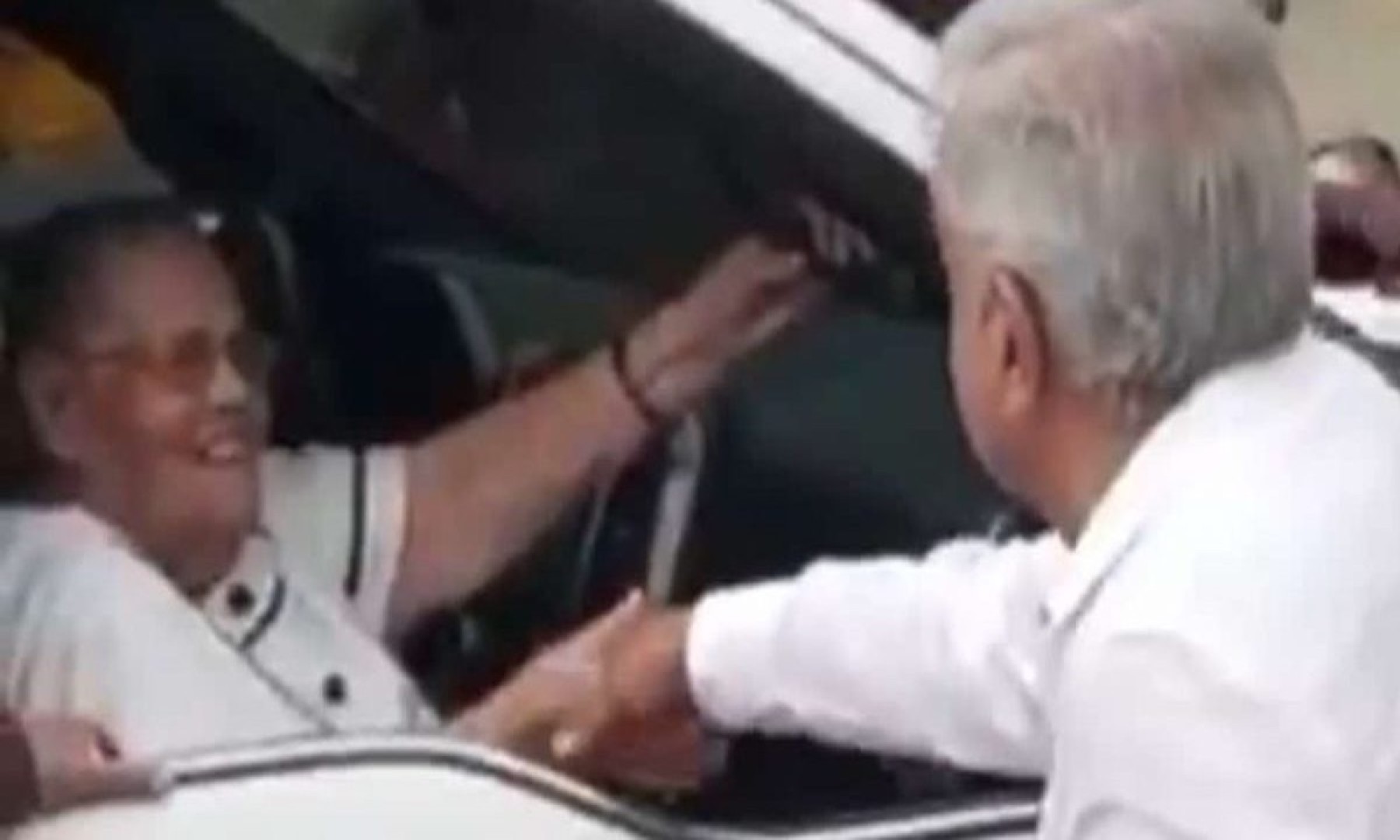
President López Obrador has been defensive of his government’s actions and denied any loss of governability due to the unrest. He has sent more troops into violent states and has said he does not see the military returning to its barracks soon, as he had originally promised.
Warring drug cartels have ravaged Mexico for more than 15 years, at times directing their firepower against civilians, like throwing grenades into a crowd in 2008 and burning down a casino that killed 52 people in 2011, but the current wave of street attacks in several large cities appears to be unprecedented.
The US ambassador to Mexico, Ken Salazar, warned this week that the violence would affect investment. Back in Tijuana, where last week’s carjackings hampered traffic and temporarily blocked access to one of the world’s busiest border crossings, a local newspaper reported that cross-border medical tourism dropped by 90 percent immediately after the attacks.
Rice University’s Payan said a company with operations throughout Mexico for which he works as a consultant has decided to cancel its expansion plans, citing security as a key factor.
“With insecurity, investments from the US and other countries in Mexico are cooled,” Salazar said at a news conference in Mexico City on Thursday. “This goes against what should be happening under the T-MEC ‘dream’. There should be more investment, but insecurity is an important factor for companies”.
The recent cartel violence in Mexico is among the worst the country has seen: In several cities in the center and the northern border . . .

